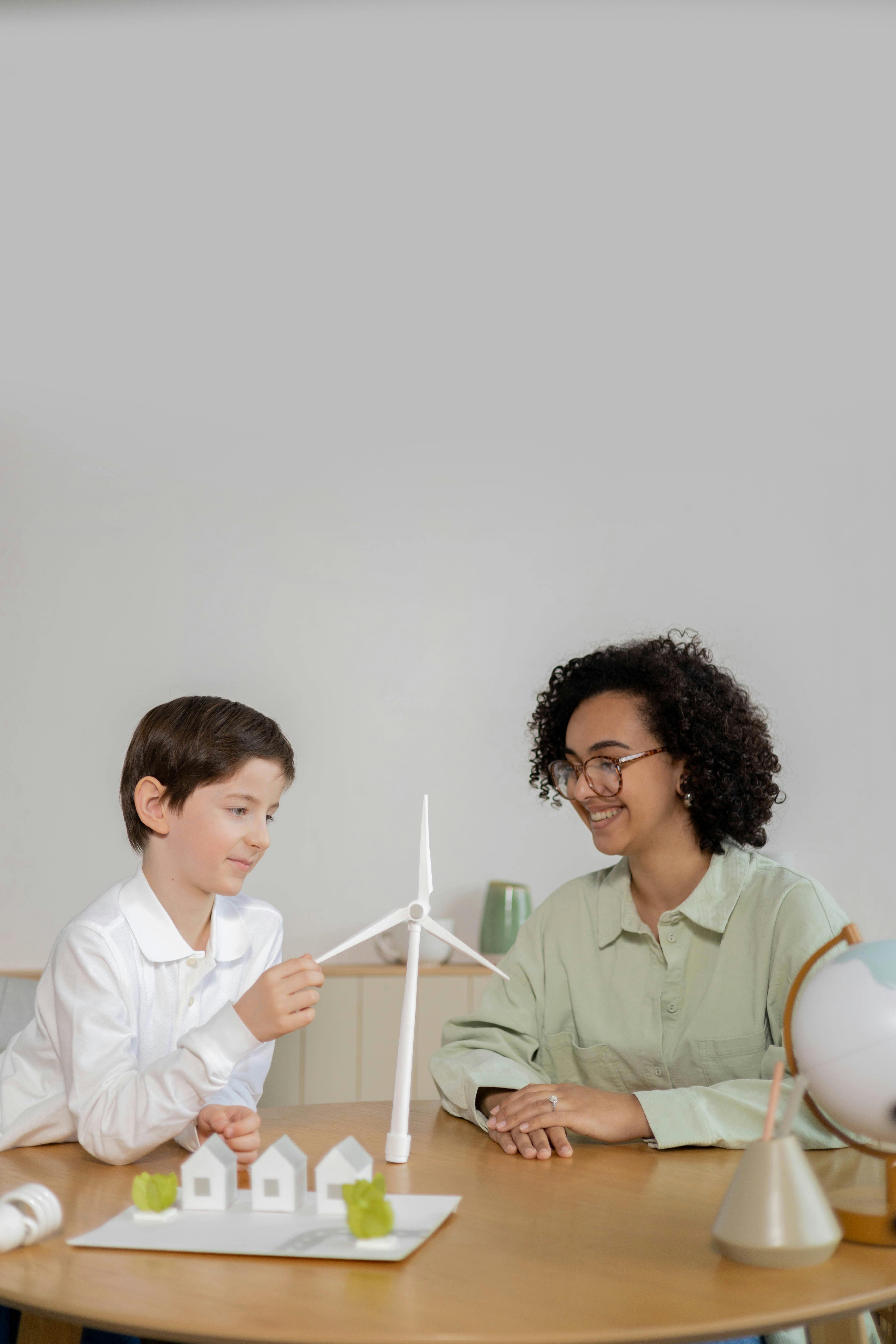
Introduction
It's becoming widely recognized that the future welfare of our planet is resting squarely on our shoulders, and educating our children about recycling and waste management is an essential part of ensuring they grow up to be responsible, eco-conscious adults. Sustainable living is no longer a luxury—it's a necessity. This article, "Effective Strategies for Teaching Your Children the Significance of Recycling: A Sustainable Living Guide," focuses on equipping you with useful tools for comprehensively explaining the importance of recycling to your kids.
Understanding Recycling: Necessary Knowledge for the Future Generation
Before we embark on teaching others about recycling, it is essential that we ourselves understand what it entails. Also known as waste management, recycling is the process of transforming waste materials into new items. This procedure is fundamental in reducing the strain on valuable resources, mitigating excessive waste, and maintaining sustainability. The three main types of recycling include mechanical recycling, energy recovery, and material recovery.
Recycling is not just about segregating trash into different bins; it's about fostering a mindset that respects our environment and ensuring our children grow up with an ingrained knowledge of sustainable living.
Teaching Children About Recycling: How to Get Started
When teaching recycling to children, you can't just lecture them about the importance of it, you have to engage them in a way that it becomes a part of their everyday life. Below are a few tips that will ensure you effectively impart this essential knowledge:
1. Start at Home
The home makes the perfect setting for learning the ropes of recycling. Begin by creating different waste bins labeled 'plastic,' 'glass,' 'paper,' etc. Educate your children about the importance of separating trash to facilitate recycling. Another effective way is involving them when you are taking out recycling.
Recycling Tips to Teach Your Children
It's essential that your children develop the habit of recycling at an early age, so here are some practical tips to teach them about the importance of recycling.
1. Make Recycling Fun
Transform recycling into a game, making it an activity they would look forward to. Create a points system each time they recycle correctly. Or perhaps, initiate a fun recycling project where they can craft something new from recycled materials.
2. Explain the Recycling Symbols
On many products, you would find symbols indicating the item's recyclability. Teach your children what these signs mean and the importance of purchasing products with these symbols.
3. Make a Compost Heap
A compost heap is an excellent way to recycle organic waste, and it's a great activity that your children can get involved with. Not only does it teach your children the importance of recycling waste, but it also gives them an understanding of how nature recycles its materials.
4. Visit a Recycling Plant or Landfill
A visit to a local recycling plant will show your children first-hand the importance of recycling. It's a great learning opportunity that allows them to see the recycling process in action.
Alternately, a trip to a local landfill site can be a stark experience, fortifying the message of waste and the reality of what happens when we do not recycle.
Endnote: Creating a Sustainable Future
In conclusion, teaching our children about recycling is not a trend—it's a need. The future of our environment lies in our hands, and every little bit counts. By imparting the value of recycling, we ensure that they become aware adults who understand their roles in preserving the planet. Consider these steps as a comprehensive recycling lesson plan that will foster a more responsible future generation.
Remember: throw it away is out, and recycle, reduce, reuse is in. Let's all work towards making the planet greener and healthier by inculcating a robust recycling culture in our children.